9 GPTs for Agreement Analysis Powered by AI for Free of 2026
AI GPTs for Agreement Analysis are advanced tools designed to analyze, interpret, and manage agreements or contracts using Generative Pre-trained Transformers. These AI models are trained on extensive datasets, enabling them to understand complex language used in legal documents and agreements. They are particularly useful in automating the review and management of contracts, ensuring compliance, and identifying key clauses and potential risks, thereby streamlining legal processes and enhancing decision-making in businesses.
Top 9 GPTs for Agreement Analysis are: AI Legal Document Reviews,CRE Pro,Legal Eagle,Legal Agreement Composer,Contract Translator,Legal Translator,Under Contract,Legal Hawk Review,Ts and Cs explainer
AI Legal Document Reviews
Streamlining Legal Reviews with AI Power
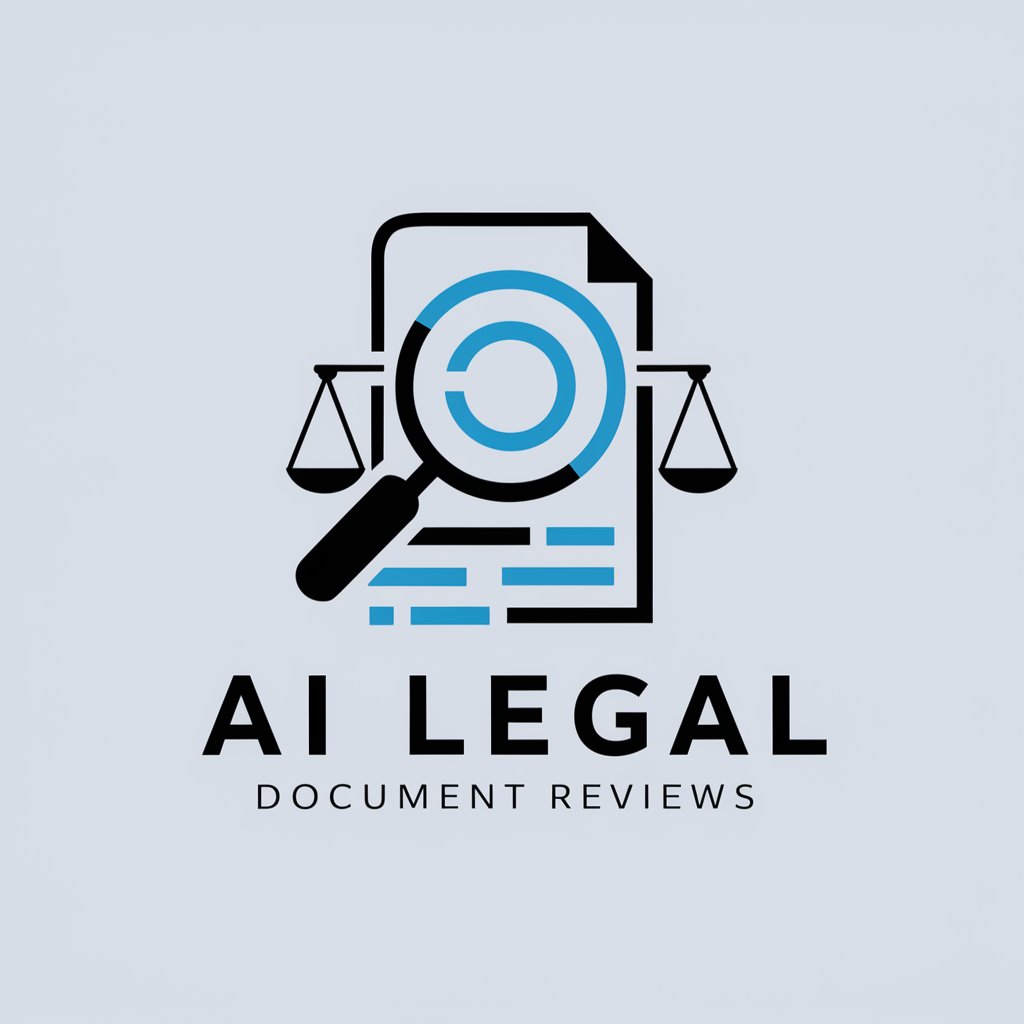
CRE Pro
Empowering Real Estate Decisions with AI Expertise
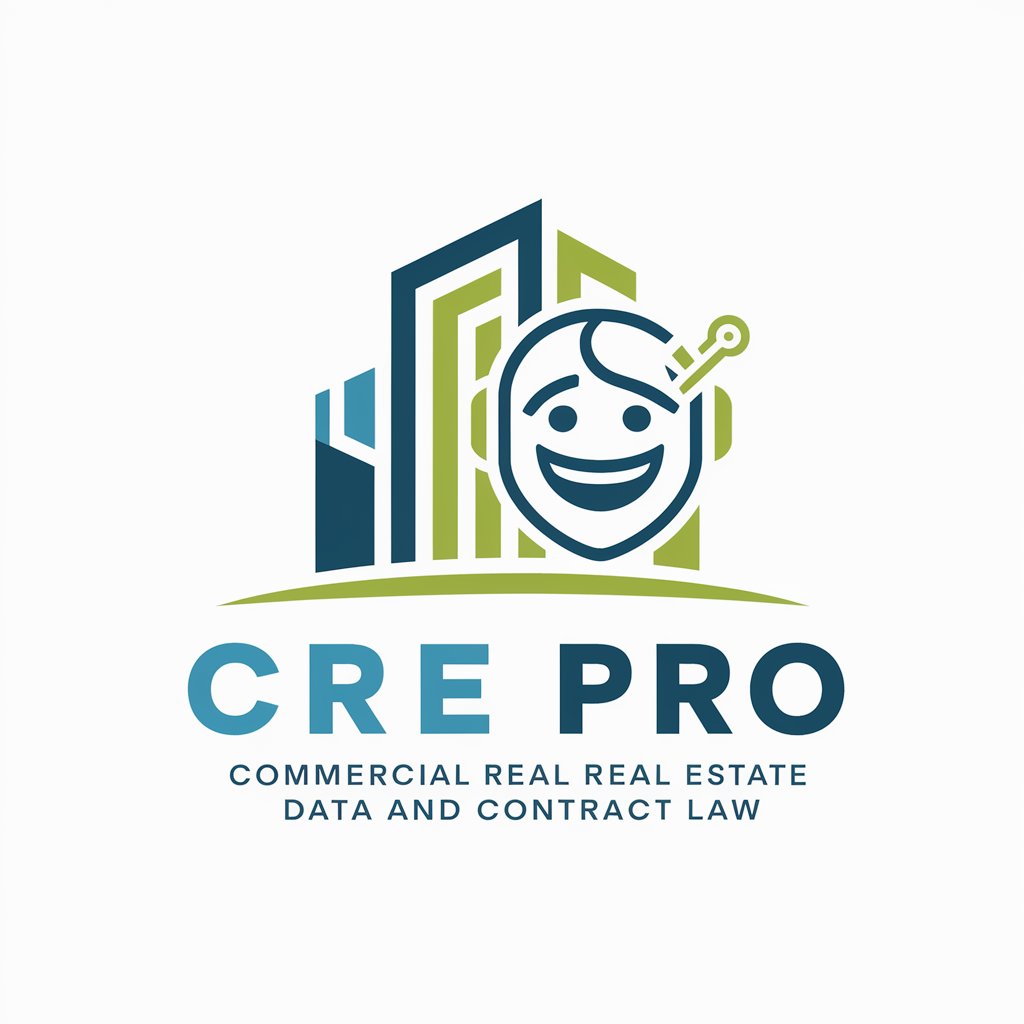
Legal Eagle
Deciphering Terms with AI Power
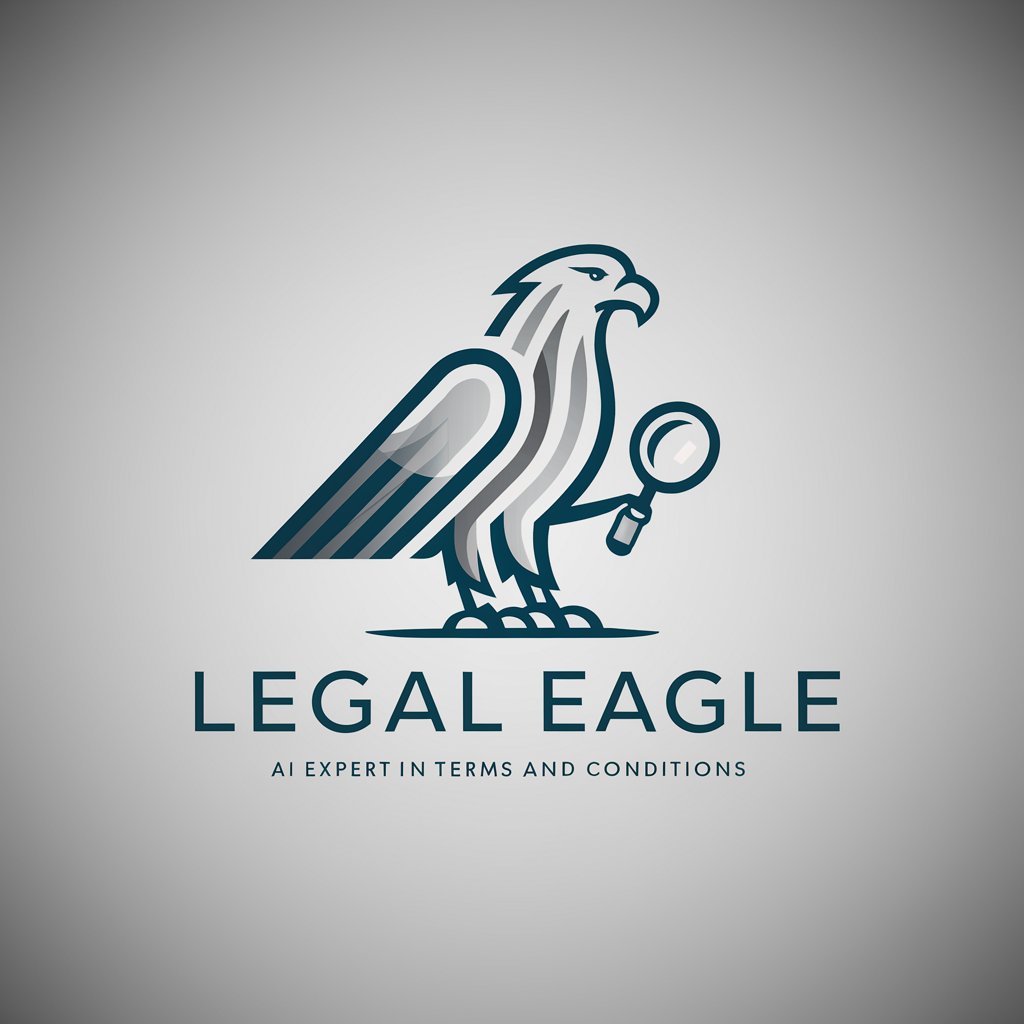
Legal Agreement Composer
AI-Powered Legal Agreement Crafting
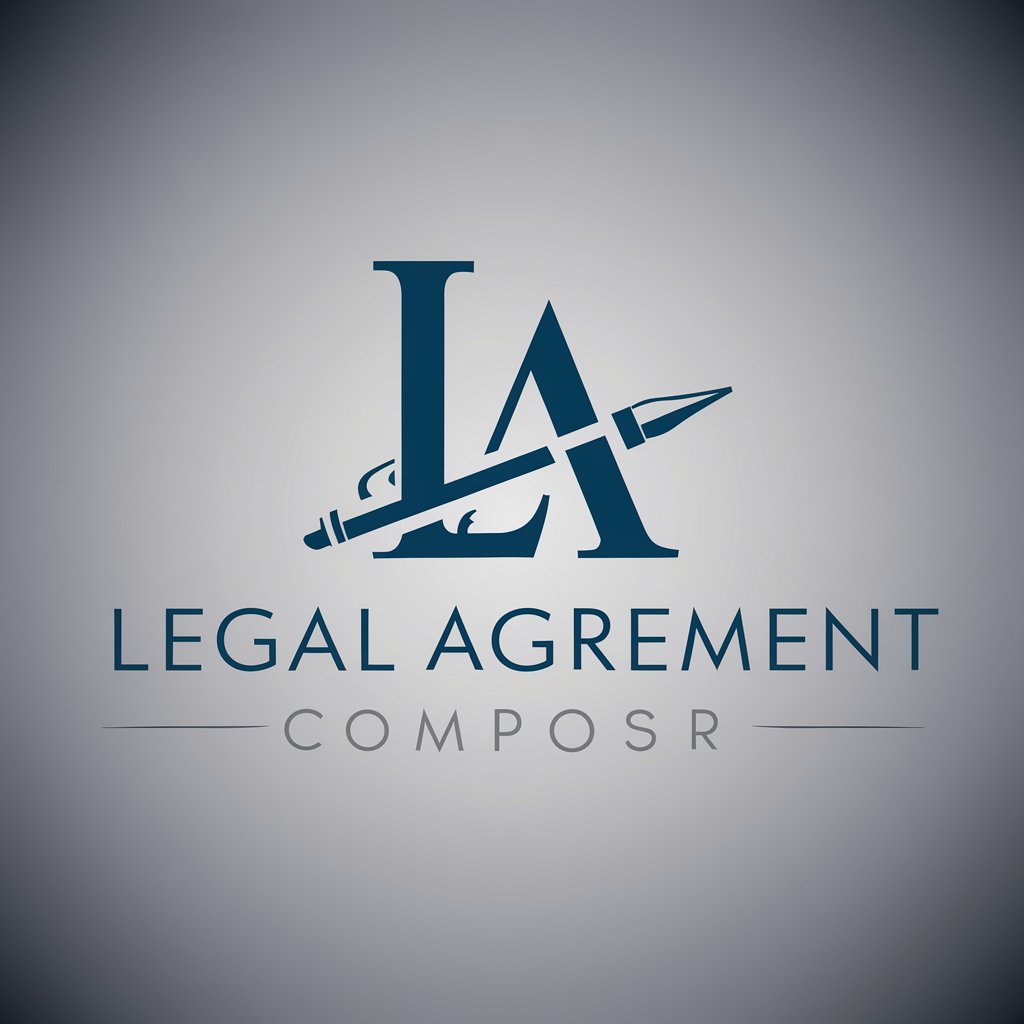
Contract Translator
Demystifying Contracts with AI
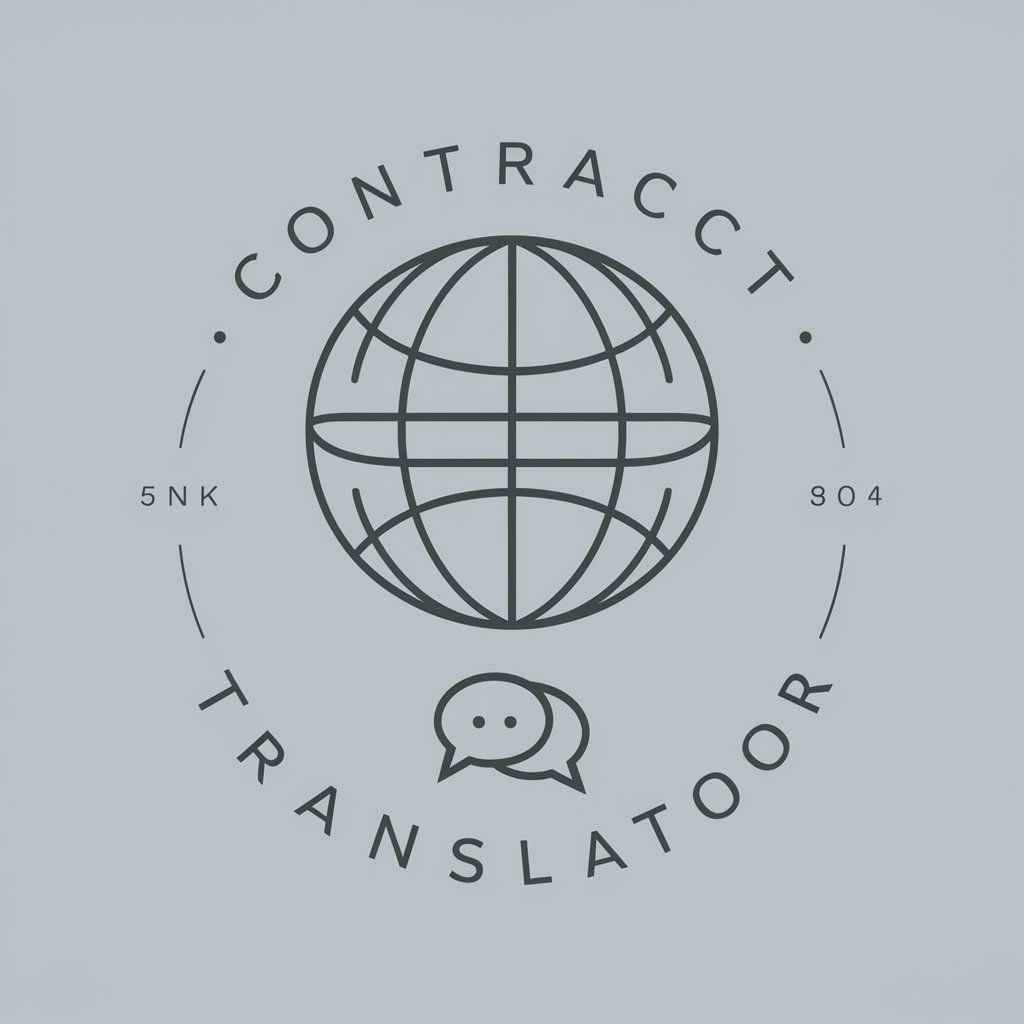
Legal Translator
Simplifying Legal Jargon with AI
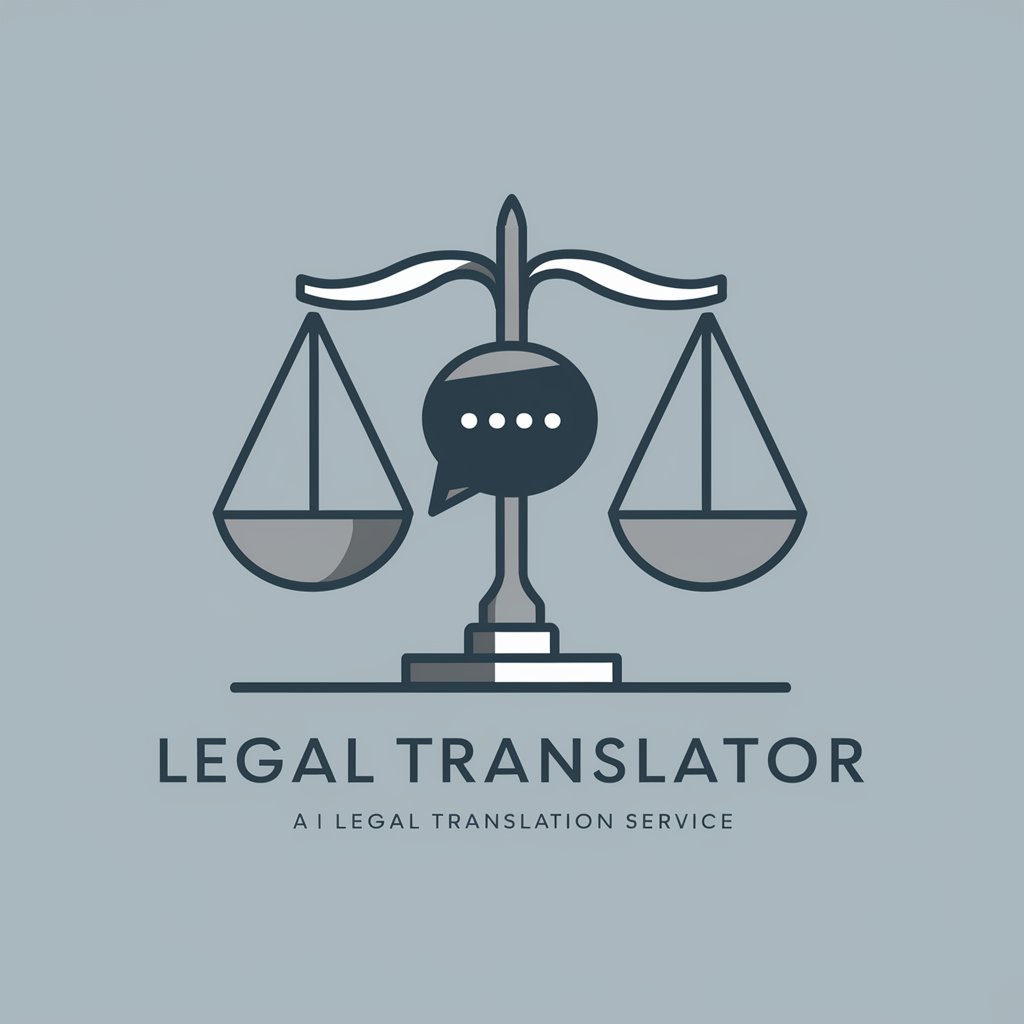
Under Contract
Empowering rental and contract decisions with AI.
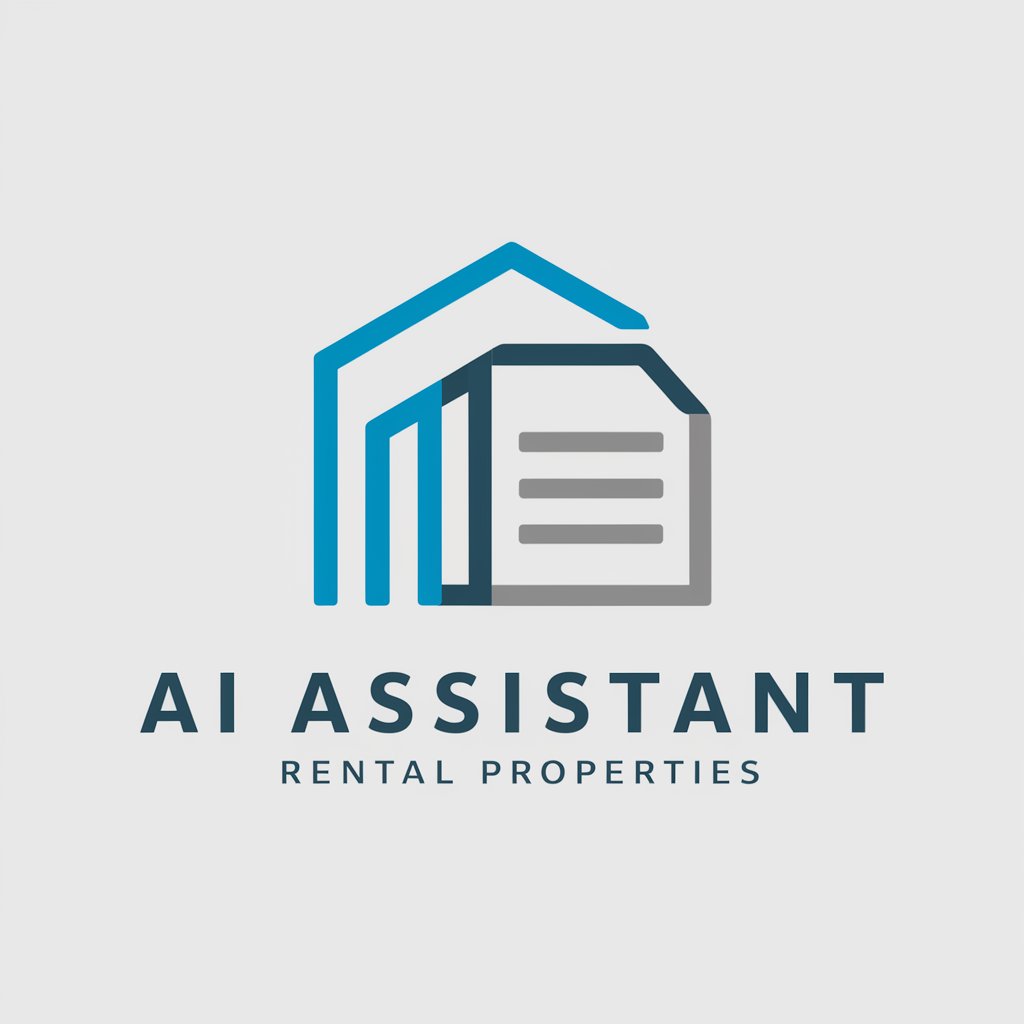
Legal Hawk Review
Empowering your legal documents with AI
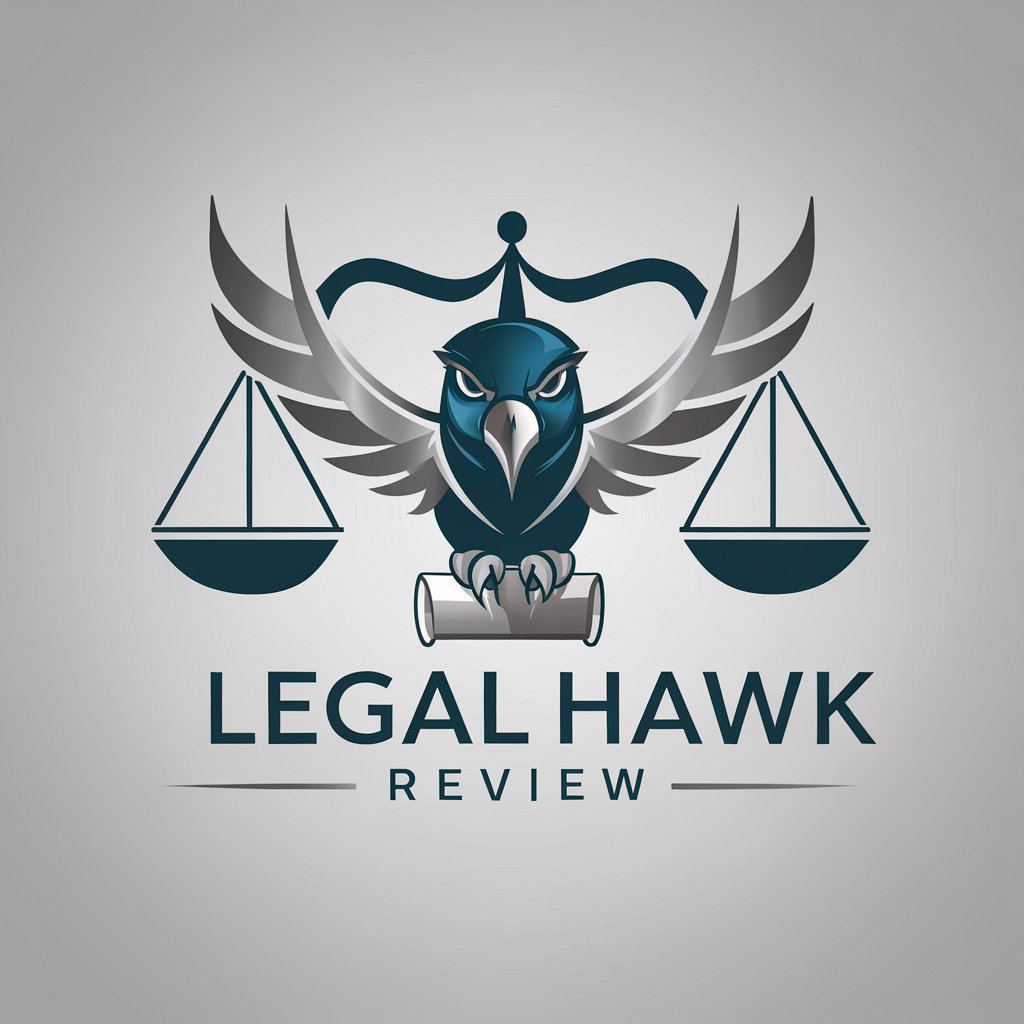
Ts and Cs explainer
Simplifying Legal Jargon with AI
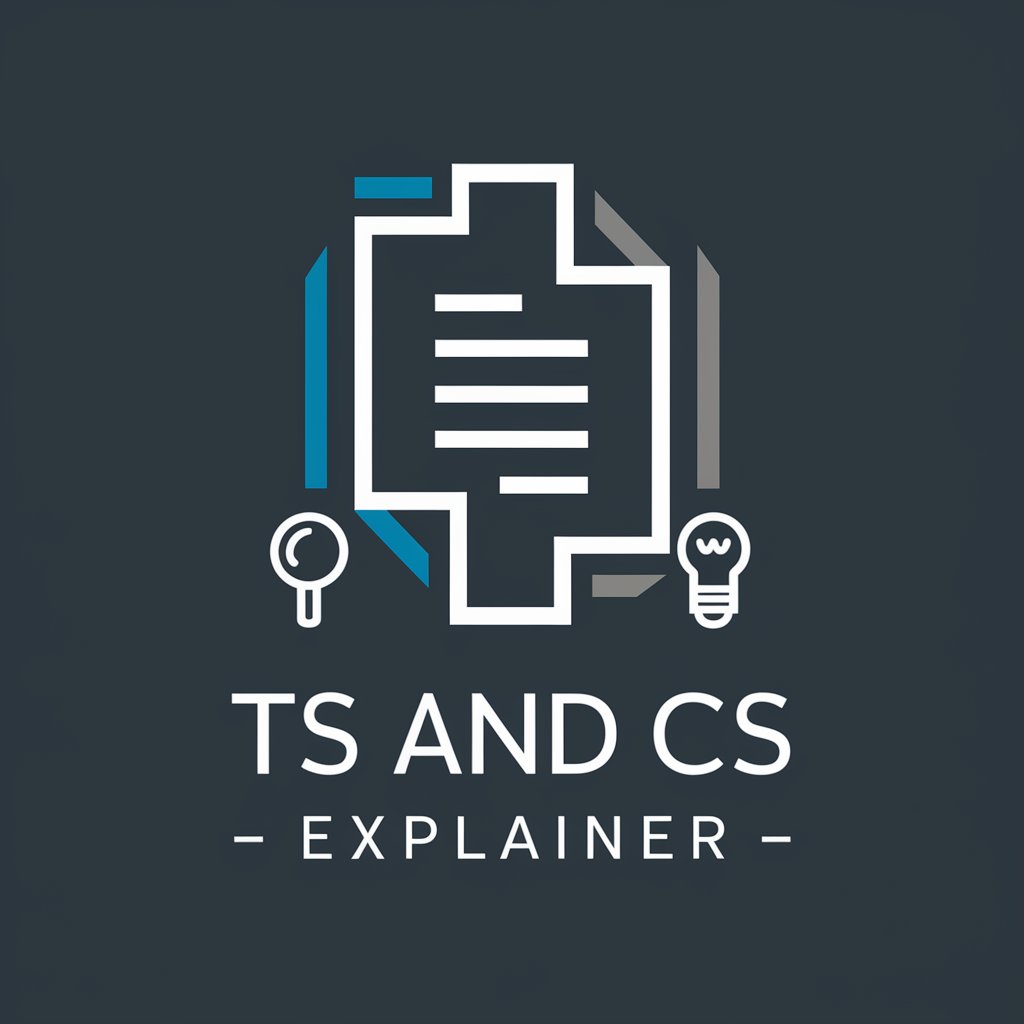
Distinctive Attributes of Agreement Analysis AI
AI GPTs for Agreement Analysis are equipped with unique features such as natural language understanding, context-aware analysis, and the ability to learn from new agreements over time. They can adapt to various levels of complexity in legal documents, from simple NDAs to intricate multi-party contracts. Special features include anomaly detection in contract terms, predictive analytics for risk assessment, and customizable templates for generating new agreements.
Who Benefits from Agreement Analysis AI?
The primary users of AI GPTs for Agreement Analysis include legal professionals, contract managers, and business executives. These tools are also accessible to non-technical users, such as small business owners, due to their user-friendly interfaces. Developers and data scientists can further customize these AI tools to fit specific requirements or integrate them into larger systems, making them versatile for various professional needs.
Try Our other AI GPTs tools for Free
Terms Dissection
Discover how AI GPTs for Terms Dissection can transform your understanding of complex terminologies with advanced AI technology, tailored for both novices and professionals.
Privacy Policy
Explore AI GPTs for Privacy Policy, the cutting-edge solution for managing, analyzing, and ensuring compliance with privacy regulations effortlessly.
User Agreements
Discover how AI GPTs for User Agreements revolutionize legal document management with advanced AI, offering precision, adaptability, and ease of use for various audiences.
Faith Reflection
Explore AI GPT tools for Faith Reflection, designed to enrich spiritual journeys with personalized insights, scripture interpretation, and more, adaptable across diverse beliefs.
Pastoral Care
Discover how AI GPTs for Pastoral Care are transforming spiritual guidance and support with advanced AI, offering tailored solutions for a compassionate, informed approach.
Competitive Leaderboards
Discover AI GPT tools for Competitive Leaderboards, designed to streamline the creation, analysis, and management of rankings. Tailored for a wide audience, these tools offer real-time updates, customization, and intuitive interfaces.
Expanding the Horizon with AI in Agreement Analysis
AI GPTs in Agreement Analysis not only automate contract review but also offer predictive insights, helping organizations anticipate and mitigate legal risks. Their adaptability to different legal environments and user-friendly interfaces make them a pivotal tool in legal tech, transforming how agreements are managed and analyzed across industries.
Frequently Asked Questions
What exactly is Agreement Analysis in the context of AI GPTs?
Agreement Analysis with AI GPTs involves using machine learning models to understand, analyze, and generate insights from legal documents and contracts, automating tasks that traditionally require human expertise.
How can AI GPTs understand complex legal language?
AI GPTs are trained on vast amounts of text, including legal documents, enabling them to grasp the nuances of legal language and context, much like a human expert would.
Are these tools suitable for non-legal experts?
Yes, AI GPTs for Agreement Analysis are designed with user-friendly interfaces that make them accessible to non-experts, providing guided assistance in contract review and management.
Can AI GPTs adapt to specific legal requirements of different industries?
Absolutely, these AI tools can be customized and trained on industry-specific documents to understand unique legal terms and requirements, making them adaptable across sectors.
How do AI GPTs ensure data privacy and security in handling sensitive agreements?
AI GPTs are designed with robust security measures, including encryption and access controls, to protect sensitive data and ensure compliance with data protection regulations.
Is it possible to integrate AI GPTs for Agreement Analysis with existing legal management systems?
Yes, these AI tools offer APIs and integration capabilities that allow them to seamlessly work with existing legal and contract management systems, enhancing their functionality.
How do these AI tools handle updates or changes in legal standards?
AI GPTs can be continuously updated with new legal documents and rulings, enabling them to stay current with evolving legal standards and practices.
What is the accuracy level of AI GPTs in Agreement Analysis?
While highly accurate in analyzing and understanding agreements, AI GPTs may still require human oversight for complex legal decisions, ensuring a balance between automation and expert judgment.